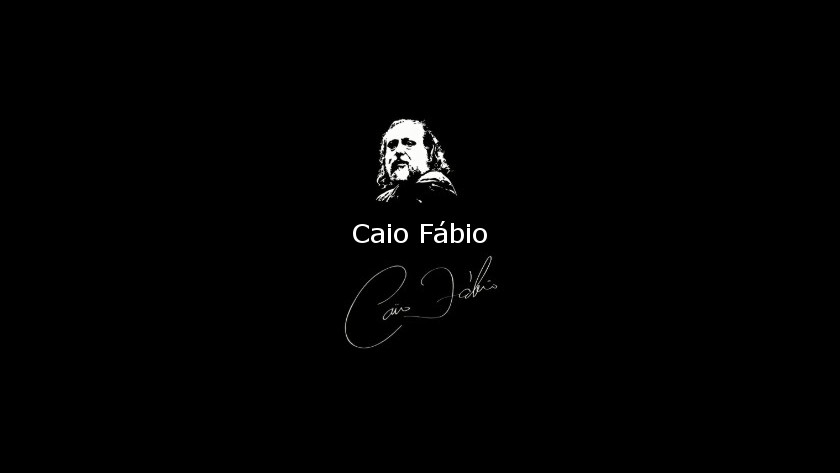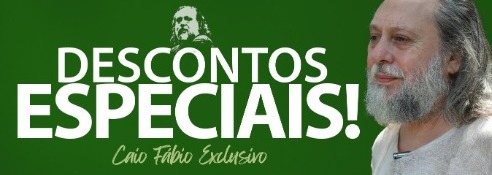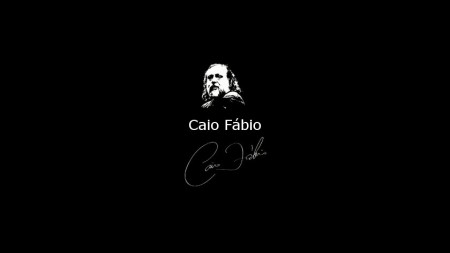“He came to His own, but His own did not receive Him”. This is how John the Apostle describes the way Abraham’s children treated the Messiah, the Christ, the Emmanuel, the Word of Life.
In this immediate context, where “His own” are the descendants of the Promise made to Abraham, those who “received Him”—to whom He also granted “the right to become children of God”— are seen by John as every human being who receives Jesus by faith, professing that He is the Eternal Word who became flesh.
The latter, who weren’t His own, recognized Him, whereas those who were “natively” His own didn’t receive Him, and didn’t even recognize Him.
But although this is the original, immediate meaning of John’s text, according to his understanding and conscious employment of the revelation he had received, the Word isn’t limited or held in bondage by any “immediate context”—that is, that which, at the moment of writing, was the conscious goal of the author (John, in this instance).
The text itself proposes a meaning, beyond its immediate context, that is much broader and dynamic whilst permanent in its power to point who are “His own” who don’t receive Him as well as who are those who, not being “natively” His—according to the historical bloodlines of the profession of faith as a religion—, “receive Him”. These ones also receive from Him “the right to become children of God”.
And who’s who?
As the “church” sees it, with regard to its preaching and according to its salvation doctrines, “His own who don’t receive Him” are those who hear the “church’s” message about Jesus and don’t accept Him as their Lord and Savior, thus not accepting to become members of the “church”—a choice that turned out to be the only indisputable evidence that someone “belongs to Jesus”.
In this way, from the “church’s” viewpoint, the “world” is made up of those who were “His own” and didn’t receive Him. And the “church” is comprised by those who received Him, and its members are the “children of God”.
This shows how much the “church” became schizophrenic between being both “gentile” and “the Israel of God”.
The true Church is “the Israel of God”, according to the promise made to Abraham, and everyone who believes in Jesus becomes an heir to it. The heirs to the promise are those who inherited the faith that Abraham had, no matter their race, culture, gender, ethnic group, or any other way of separation set by men.
In this way, the Church is made up of those who “received Him” (while they weren’t “natively” His own) and, for this reason, they not only received “the right to become children of God”, but also became “the Israel of God”.
And here lies a big confusion. The Church is not “Israel”, as it is almost entirely “gentile”. At the same time, though, by faith, it comes to be an heir to the promises made to Abraham according to the faith that justifies by grace, hence becoming “the Israel of God”.
Here’s the hybrid: uncircumcised who become circumcised by faith; pagans who are made into children of Abraham; gentiles who become the Israel of God.
In dealing with the subject, Paul calls it the “grafting” of a “wild olive tree branch” into the “natural olive tree” stem.
In this way, the one who was not comes to be, and the one who was ceases to be. And this dynamics operates in such a way that the axis of he who is and that of he who is not vary according to his pride of being or his brokenness.
That is: When those who were believed they were to such a point that they would never stop being (the historical Israel), then they didn’t recognize Him. And when those who were not came to be, this was so because, as gentiles according to the bloodline, they accepted the offer of grace as those who receive what they know they don’t deserve; however, they believe in the power of the promise made to them by The One who, out of His own free will, called them children. So, those who were “too much” stopped being, and those who were “too little” started being.
It’s that way because whenever someone thinks he is, he starts ceasing to be. The being is only maintained by being!
But to the “church”, that finds itself “the Israel of God”, such a reality is unchangeable. So the “church” unknowingly becomes a true Israel according to flesh, not “the Israel of God”. That is, when the “church” is full of this self-importance, it starts to join the group with potential to fail to “recognize Him” today.
The pride of the “pedigree of being the Israel of God” turns the “church” into an “Israel according to the flesh”, since what John said hasn’t become something crystallized; it varies according to the changes in the human heart.
And here a terrifying spiritual principle appears that teaches us that all certainties that try to be something beyond grateful faith turn into the exact opposite of what they once were, when they blessedly became just what they, by nature, were not.
That’s why, too, John says that those who “receive the right to become children of God” are “children born not of natural descent, nor of human decision or a husband's will, but born of God.”
This means they’re never the result of either the historical continuity (natural descent) or the children of human choices (people’s will or their statements about who is and who is not). On the contrary, they’re children of the shelter of God’s love only. Therefore, love, made into a profession of faith and a life grateful for God’s Grace, keeps the person in the “existential place” where he always is, and it’s this way because he always knows he is not, for he knows that he only is just because he wouldn’t be. And he has an inner gratitude that never allows him to think that he belongs to himself, or that he is a being that doesn’t need to be any longer as it proudly claims it already is.
In other words, those who were not and came to be are the ones who are-always-being, never stopping, continuously looking at themselves with an eye of gratitude, and announcing daily the grace that made them into what they were not by nature. This happens because the true nature of the being that is is made of this faith that never becomes a human certainty, and never demands any special privileges related to a historical link to the History of Faith.
The ones who receive Jesus daily, grateful for “having become” because they “were not”, are granted “the right to become children of God.”
In this way they are because they know they didn’t deserve to have become.
The true “Israel of God” is made of people who see themselves as those who shouldn’t be, for just when they believe they are, and believe that this can be a crystallized state, they immediately cease to be.
The principle, therefore, is: In the Gospel, you only are by being.
Hence, “to be or not to be” is not the question. To be-as-you-keep-being is.
In Him,
Caio
__________________________________________
Translated by F. R. Castelo Branco | August 2007
From the original “SER OU NÃO SER NÃO É A QUESTÃO”
.


